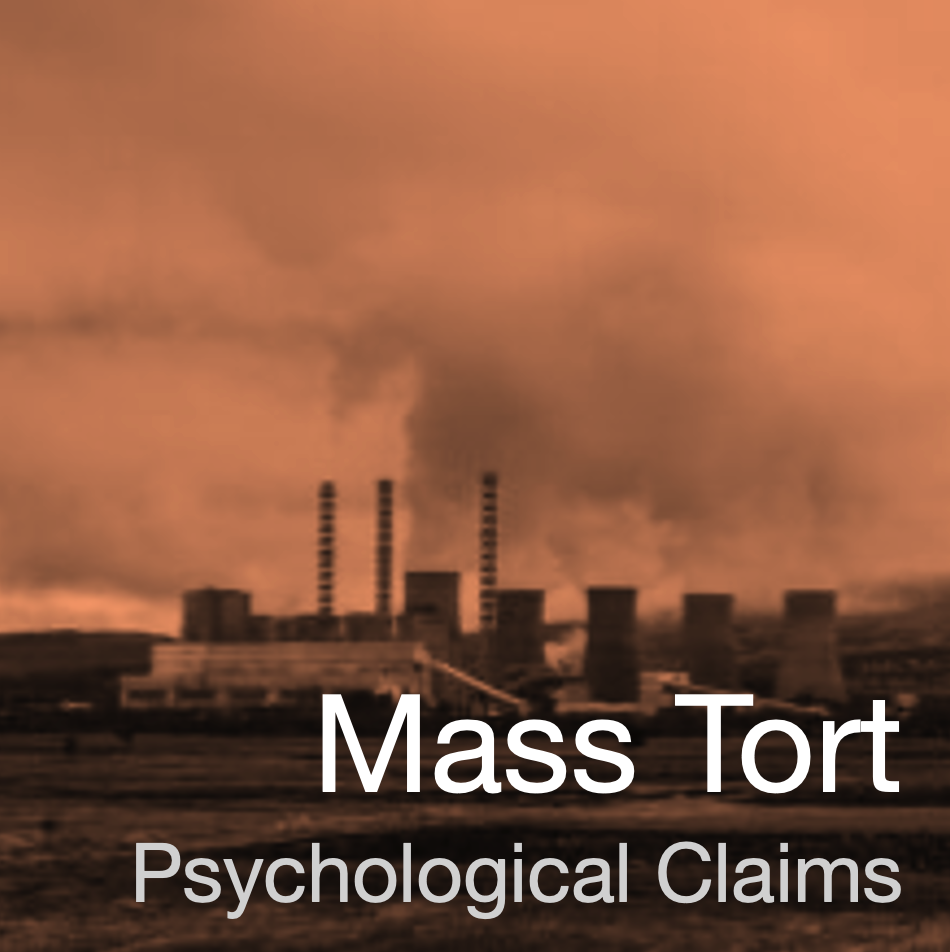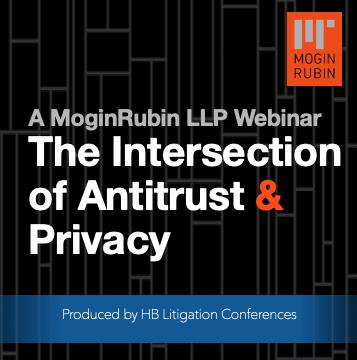FTC’s Case Against Facebook Will Challenge the Adaptability of U.S. Antitrust Law
Society leads, and the law follows.
This is especially true in antitrust, where industries and markets undergo constant change brought about by innovation and changing consumer behavior. Confronted with ever evolving commercial circumstances, the courts face a constant struggle to keep up. With the filing of the antitrust cases against the Facebook “monopoly” by the Federal Trade Commission and 47 state attorneys general, U.S. antitrust faces one of its most significant tests since the case of U.S. v. Microsoft, now 20 years old.
In the intervening decades, the Internet has spawned a new category of industry, “demand aggregators.” These businesses seek to grow market share not just by capturing supply, but also demand. The power of the dominant digital platforms—Google, Apple, Facebook, Amazon, Uber—arises as much or more from their position as the source of customers than as a supply of goods or services. Of course, the platform must be able to deliver, but when customers view your website as the place to go—Amazon for goods, Uber for rides, Facebook for friends—the supply will follow.
Demand-side dominance is only one of the thorny issues the court will have to resolve in the antitrust authorities’ cases against Facebook …
Read the complete post by antitrust and competition law experts Jonathan Rubin and Jennifer M. Oliver as well as other posts on competition law in the tech space, including commentary on Google, Uber, Amazon, Apple, and more at the MoginRubin Blog.
***
Responses to posts appearing on the HB site, or fresh news and articles, are welcome. Write to Editor@LitigationConferences.com.



